Think you need a culinary degree to rule the kitchen? Think again. These 7 culinary icons skipped the starched whites of culinary school and still carved their names into the food world with bold flavors, relentless passion, and fearless creativity. From home kitchens to television screens and bestselling cookbooks, they’ve shown that you don’t need a formal degree to become a household name in food. Their stories prove that raw talent, hustle, and an unshakable love for good food can take you further than any diploma—and inspire your own journey, no matter where you start.
1. Rachael Ray: The 30-Minute Meal Maven
Growing up surrounded by food in her mother’s restaurants, Rachael Ray absorbed cooking knowledge like a sponge. Her lack of formal training became her signature strength – she speaks the language of everyday home cooks because she is one.
Working various food jobs, from candy counter clerk to gourmet market manager, Ray developed practical skills that culinary school couldn’t teach. Her approachable style and time-saving techniques turned her into a household name.
When asked about not having professional training, Ray proudly responds: “I’m not a chef. I’m a cook.” This honest admission resonates with millions of fans who find her unpretentious approach refreshing in the often-intimidating culinary world.
2. Martha Stewart: The Lifestyle Queen
From a modest upbringing in New Jersey, Martha Stewart learned cooking fundamentals from her mother and grandmother. Their handwritten recipes became the foundation for her culinary empire – proving family knowledge can be more valuable than any diploma.
Stewart’s genius lies in her methodical approach to cooking. She taught herself through experimentation, voracious cookbook reading, and relentless practice. Her background as a model and stockbroker gave her the business savvy to transform homespun recipes into a billion-dollar brand.
A fascinating detail: before becoming famous, Stewart ran a catering business from her basement. This hands-on experience shaped her practical understanding of food preparation and presentation that resonates with home cooks everywhere.
3. Ina Garten: The Barefoot Contessa
A former White House budget analyst, Ina Garten took a career detour that changed culinary history. Without a single cooking class to her name, she purchased a small specialty food store called The Barefoot Contessa in 1978 and taught herself everything on the job.
Julia Child’s cookbooks became Garten’s unofficial culinary school. She’d meticulously work through recipes, understanding techniques and flavors through practical application rather than classroom theory.
“If you can read, you can cook,” Garten often says. This philosophy underscores her belief that cooking should be accessible to everyone. Her unpretentious approach to elegant food has earned her a devoted following who appreciate her reassuring “How easy is that?” approach to sophisticated dishes.
4. Tom Colicchio: The Chef’s Chef
At just 17, Tom Colicchio ditched his culinary school plans when he couldn’t afford tuition. Instead, he dove headfirst into restaurant kitchens, learning through the school of hard knocks. This bold move shaped his hands-on, ingredient-focused cooking philosophy.
Mentored by established chefs, Colicchio absorbed techniques through observation and repetition. His rise from line cook to executive chef at prestigious New York restaurants happened without a single formal class. By 26, he earned three stars from The New York Times at Mondrian.
Fellow chefs admire Colicchio’s technical precision – skills acquired entirely through kitchen experience. His journey demonstrates that apprenticeship can be more valuable than classroom education, especially in the high-pressure world of professional cooking.
5. Nigella Lawson: The Domestic Goddess
Oxford-educated but culinary school-free, Nigella Lawson transformed from journalist to food icon through pure passion. Her aristocratic background exposed her to fine dining, but it was her natural instinct for flavors and textures that defined her cooking style.
Lawson’s kitchen education came from family meals, cookbook exploration, and fearless experimentation. Unlike professionally trained chefs who follow strict rules, she embraces the sensual, sometimes messy reality of home cooking.
“I’m not a chef – I’m a home cook who writes about food,” Lawson often states. This authentic approach resonates with fans worldwide. Her midnight kitchen raids for indulgent snacks have become signature television moments, showing that real cooking isn’t always about perfection but about pleasure and nourishment.
6. Gordon Ramsay: The Kitchen Commander
Before his fiery television persona emerged, young Gordon Ramsay dreamed of professional soccer. When injury shattered those hopes, he pivoted to cooking without traditional culinary schooling. His hotel management diploma included basic food studies, but his real education came through apprenticeships under legendary chefs.
Working under culinary giants like Marco Pierre White and Albert Roux, Ramsay absorbed techniques through grueling 16-hour days. This baptism by fire forged his exacting standards and no-nonsense approach.
A lesser-known fact: Ramsay spent formative years in France learning classical techniques directly from masters. This combination of practical training and relentless perfectionism helped him achieve more Michelin stars than most formally trained chefs could dream of.
7. Guy Fieri: The Flavor Ambassador
With his spiky bleached hair and bowling shirts, Guy Fieri breaks every chef stereotype. Though he studied Hospitality Management at UNLV, he bypassed traditional culinary academies. Instead, Fieri learned by selling pretzels from a cart at age 10 and working various restaurant jobs throughout his youth.
His education came from practical experience and an adventurous palate. After winning Food Network Star in 2006, Fieri’s unpretentious approach to bold flavors connected with everyday Americans. His genuine enthusiasm for greasy spoons and local eateries made fine dining seem less intimidating.
“Cooking is all about people,” Fieri often says. This people-first philosophy explains his success despite criticism from culinary elitists. His Diners, Drive-Ins and Dives has showcased more than 1,200 restaurants, proving his impact extends far beyond his own cooking.
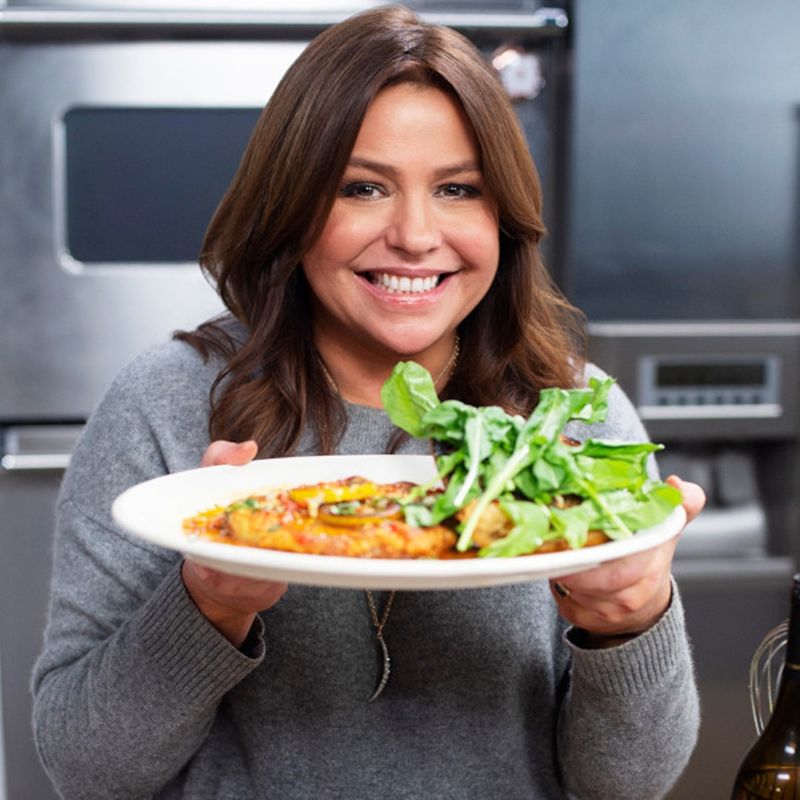
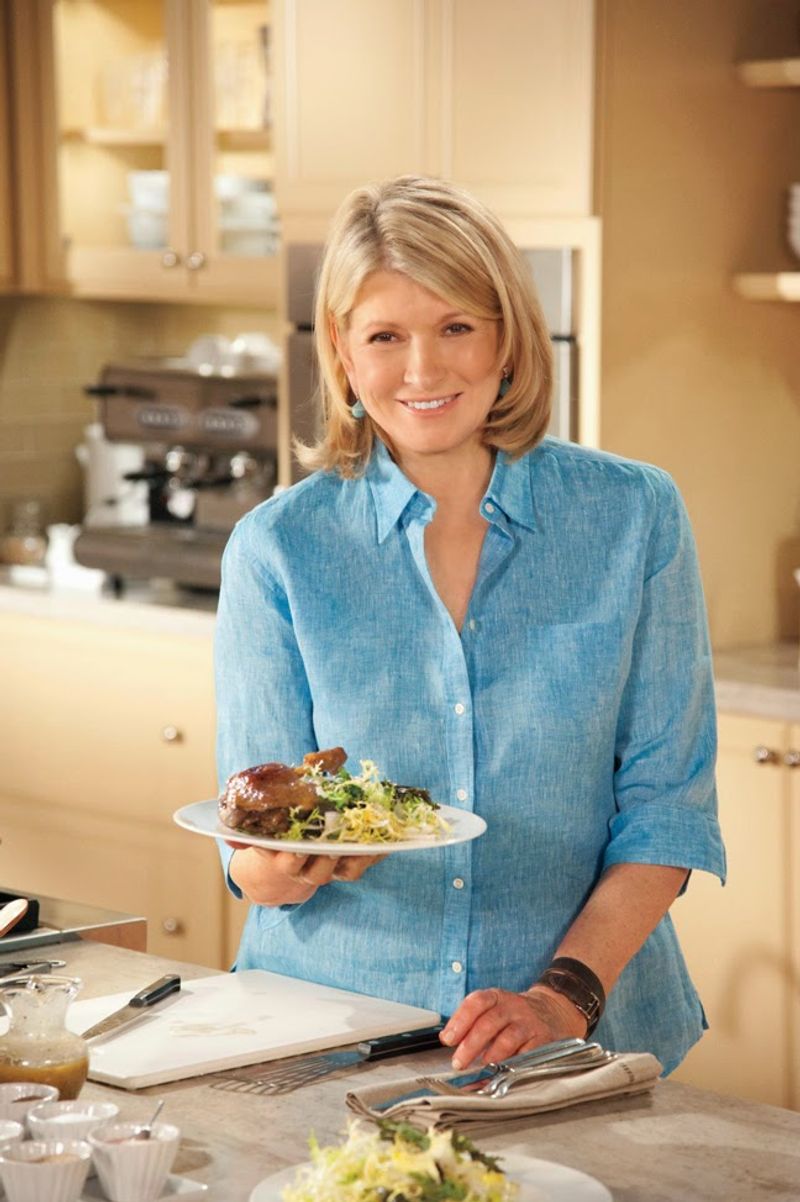
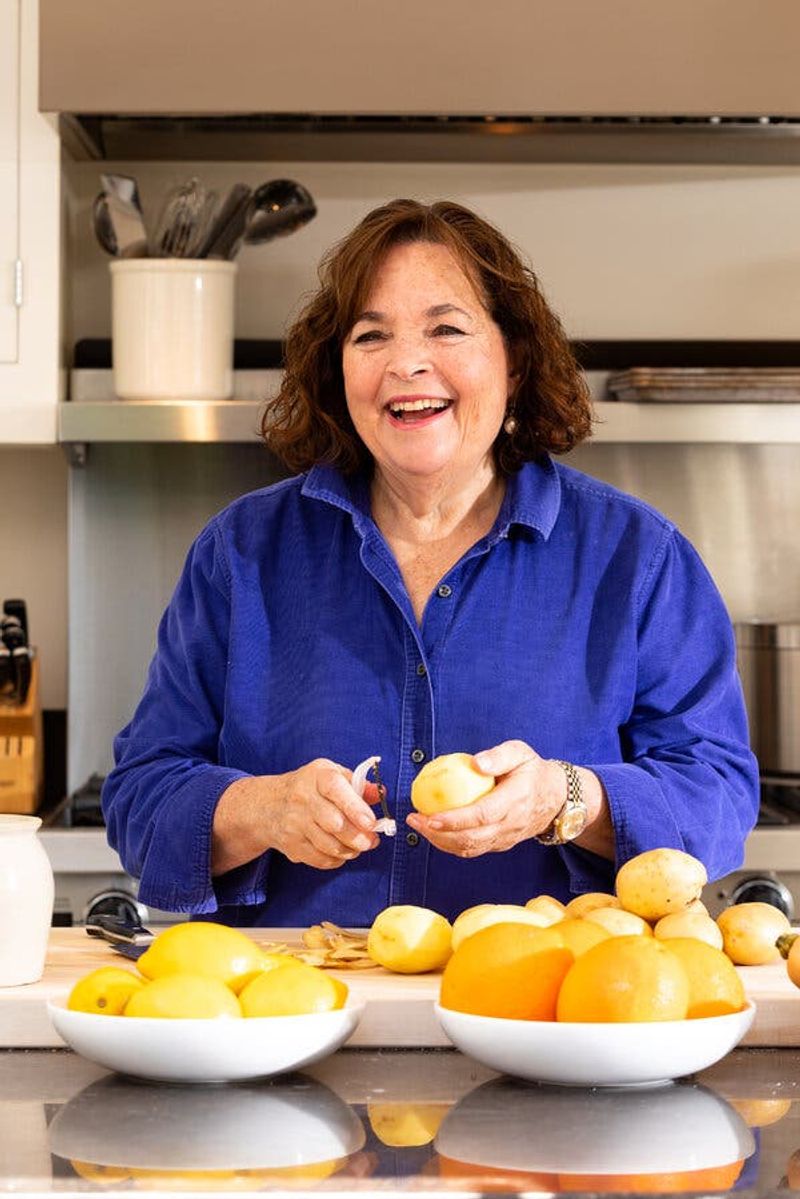
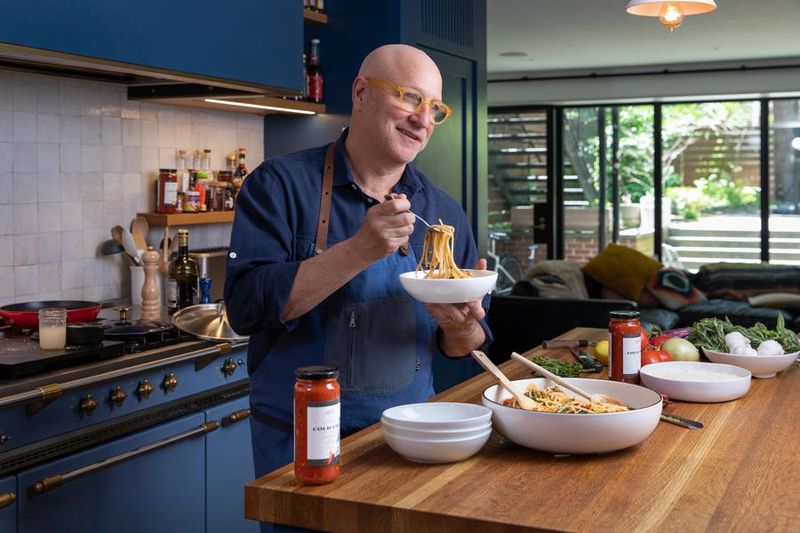
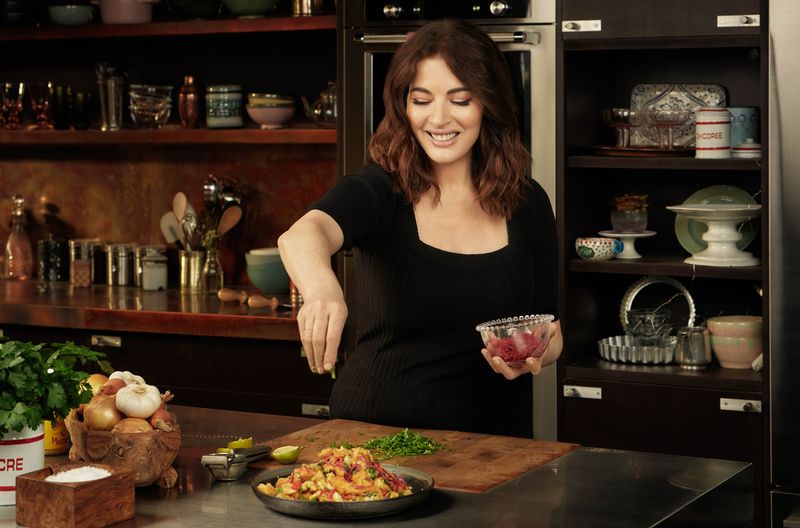
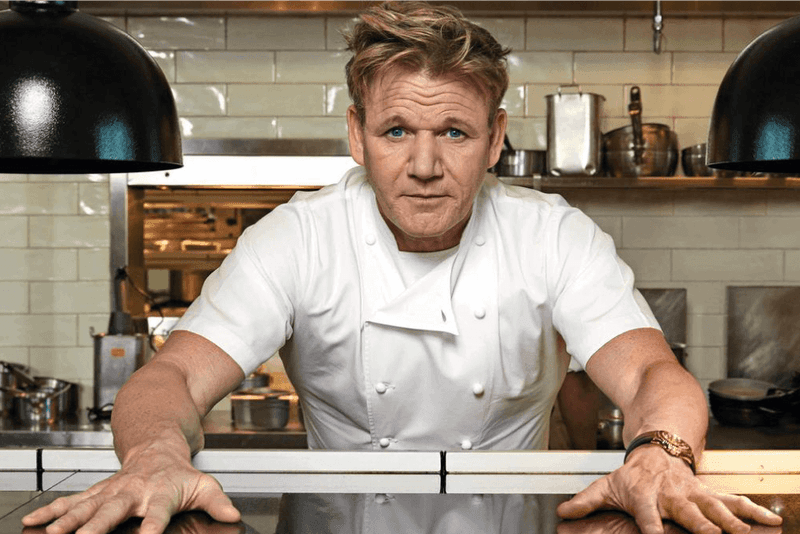
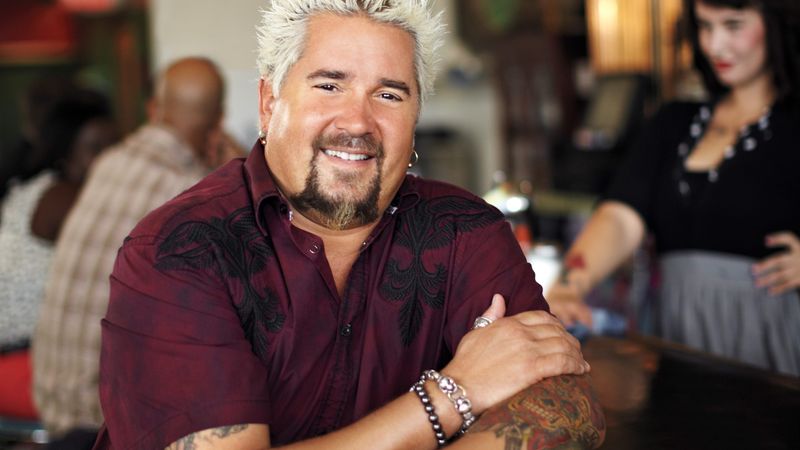
Leave a comment